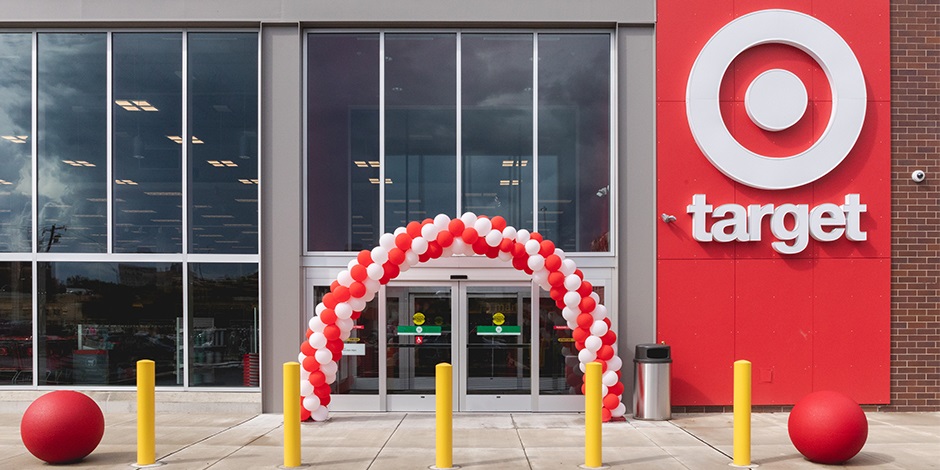Shares of Target Plummet as Company Announces High Costs and Inventory Problems Hitting Profits
Big box retailer Target, much like Walmart, is suffering big blows from high costs and inventory issues.
The company saw its shares sink 25% on Wednesday to a new 52-week low after the company said its quarterly profits for Q1 got hit by supply chain troubles, higher fuel costs and lower than expected sales of discretionary merchandise.
Earnings for the first quarter fell below Wall Street’s expectations. The company has reiterated its revenue outlook, expecting mid single-digit growth this year and beyond.
For the fiscal first quarter ended April 30, Target reported earnings per share of $2.19 adjusted. This is compared with a Refinitiv consensus estimate of $3.07. Revenue at $25.17 billion was higher than the $24.49 billion expected, per Refinitiv.
Those adjusted earnings per share dropped sharply – down nearly 41% from the year-ago period.
Comparable sales grew 3.3% in the first quarter. That is on top of a 23% increase in comparable sales in the year-ago quarter and it is higher than Wall Street’s projections for 0.8%, according to StreetAccount estimates.
At Target’s stores and its website, traffic saw a growth of 3.9%.
Target CEO Brian Cornell said on the earnings call, “We are seeing a shift in consumer spending.”
Cornell said the company missed the mark as its gains were “accompanied by unusually high costs.”
“While we saw healthy top-line growth in the quarter, we were less profitable than we expected to be or intend to be over time,” he added.
Target’s results mirrored Walmart’s quarterly earnings performance who reported Tuesday and also missed on earnings.
Target reiterated its revenue forecast, which calls for mid single-digit growth this year and beyond. It did not provide an earnings per share estimate.
With inflation at a nearly four-decade high, Chief Financial Officer Michael Fiddelke said on a call with reporters that Target will focus on offering value, even if that means absorbing some costs. He said raising prices “continues to be the last lever we pull.”
“We’ve earned so much trust over the last several years with investments we’ve made in price and we aren’t about to trade that out in the current environment,” he said.
Disclaimer: We have no position in any of the companies mentioned and have not been compensated for this article.


